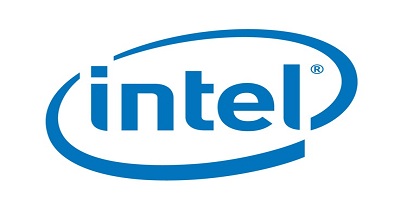Networking Field Day 10 – Intel

Let me start this out by saying that I was thrilled to see Intel present at a NFD event! While Intel is well known in the network space for their NICs, they are most well known for their powerful line of processors, boards, and controllers. Most would argue that this doesn’t make them a ‘traditional’ network vendor but, as we all know, things are rapidly changing in the network space. As more and more network processing moves from hardware to software the Intel’s of the world will have an increasingly large role to play in the network market.
Check out the following presentations they gave at the recent NFD10 event…
Intel Open Network Platform Solutions for NFV
Intel Software Defined Infrastructure: Tips, Tricks and Tools for Network Design and Optimization
Here are some of my thoughts on the presentations that I thought were worth highlighting…
The impact of software and NFV
Intel made some interesting observations comparing telco companies using big hardware to Google using SDN and NFV. Most telco companies are still heavily reliant on big, high performance, hardware driven switches that can cost into the 10s of millions of dollars. Continue reading

 Former Cisco and VMware exec joins the VC world
Former Cisco and VMware exec joins the VC world Martin Lund brings a semiconductor pedigree to the software company.
Martin Lund brings a semiconductor pedigree to the software company. Q3 disappoints, but Ciena says the Cyan acquisition points to a strong SDN future.
Q3 disappoints, but Ciena says the Cyan acquisition points to a strong SDN future. Streamlining opex to unlock NFV capex savings.
Streamlining opex to unlock NFV capex savings.